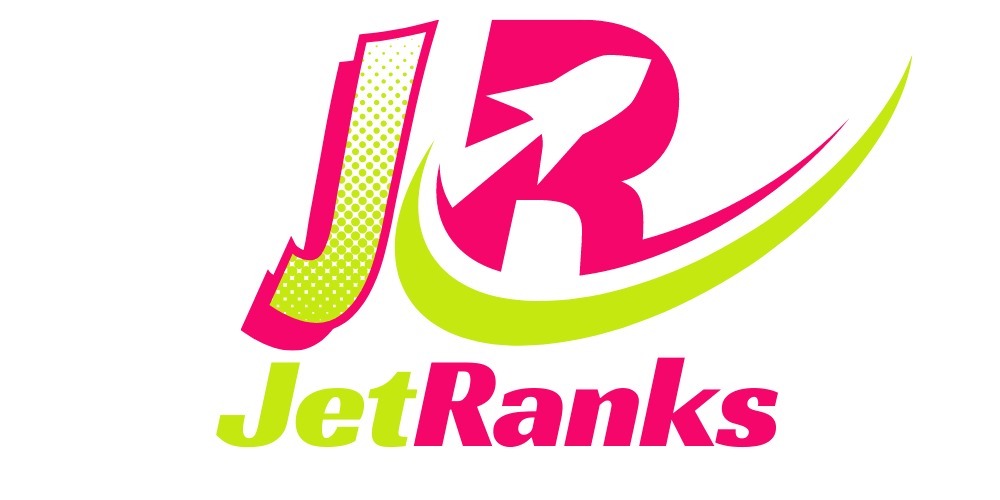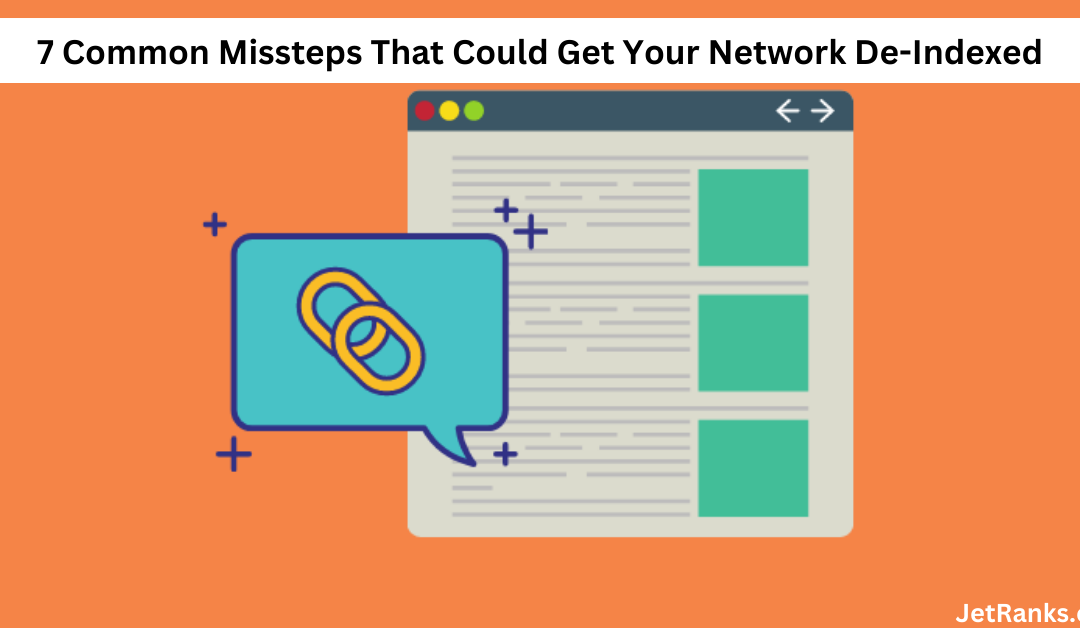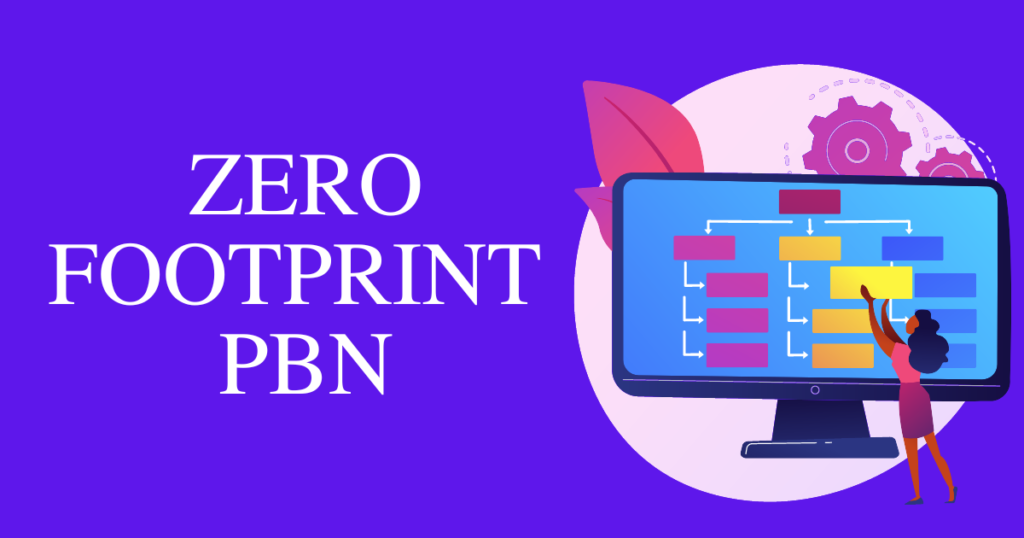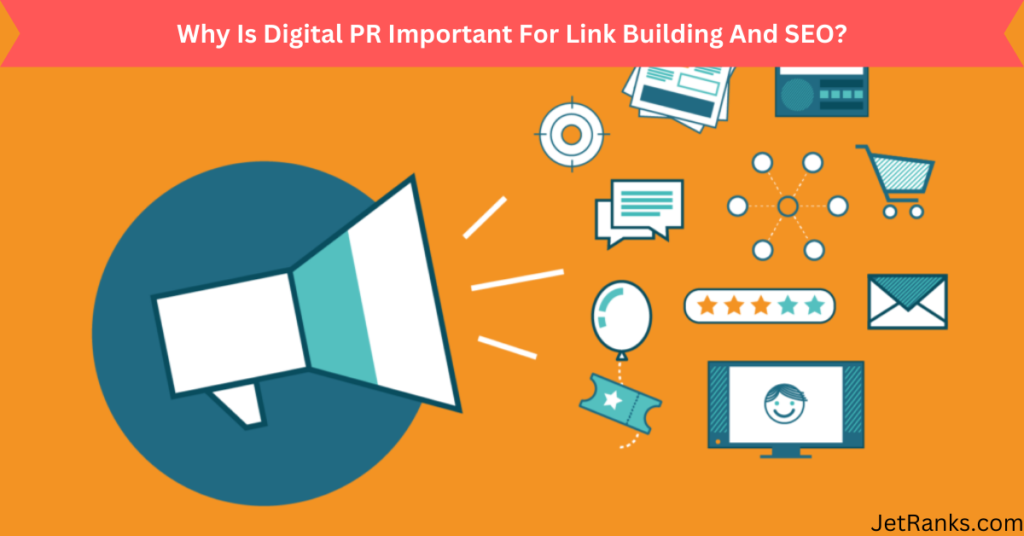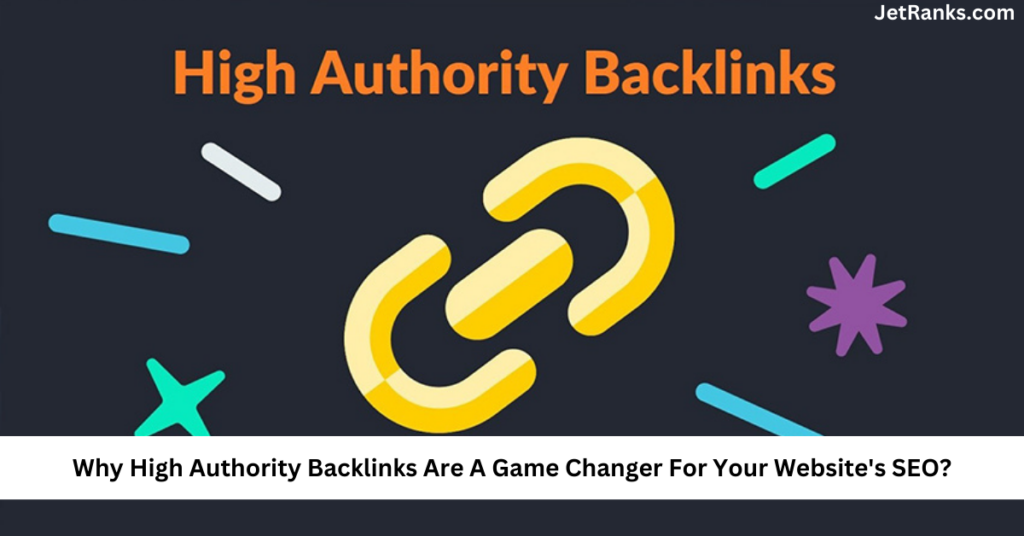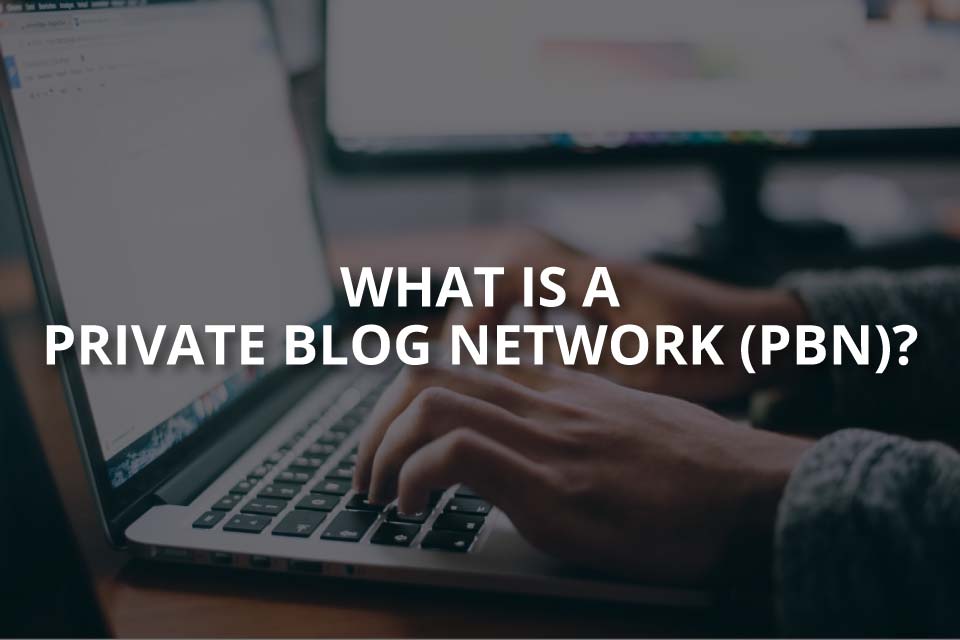Introduction
Regarding search engine optimization (SEO), Private Blog Networks (PBNs) are a popular tool for driving organic traffic fast. But getting your PBN de-indexed can severely affect your website’s visibility and rankings. This article will demonstrate using a PBN for SEO without getting penalized. You’ll learn about the seven common missteps that can quickly get your network de-indexed. Understanding and avoiding these missteps can save you the hassle of managing a de-indexed PBN.
What Is PBN SEO?
Private Blog Network (PBN) SEO uses a network of blogs, websites, or web domains to create backlinks to a particular website or web page. These backlinks increase the search engine rankings of the website or page it is linked to. This method boosts the visibility and authority of the linked website in the SERP (Search Engine Result Page) of Google and other search engines.
PBN is a cost-effective and widely used SEO tactic that can produce reliable results quickly. It involves high-quality link building techniques, acquiring both inbound and outbound links from different websites and web pages. PBN SEO is time-consuming and requires domain and hosting knowledge. It’s also essential to understand the algorithms used by search engines and how to place links for maximum SEO benefit strategically.
When done correctly, PBN SEO can be a highly effective SEO strategy. However, it can also become a risky endeavor if done incorrectly. The key to successfully using PBN SEO is ensuring all links appear natural, relevant, and authoritative. Additionally, all links should come from reliable sources and not be directly linked to the main website. Any attempts to manipulate search engine rankings with quality backlinks may result in a penalty or de-indexing in the SERPs. Therefore, it is vital to ensure that your PBN backlinks follow the guidelines set by search engines.
7 Common Mistakes To Avoid PBN De-Indexing
This section will provide an overview of the most common mistakes website owners, and web admins make when using Private Blog Networks (PBNs).
1. Using Unnatural Anchor Text
When creating links from your Private Blog Network, be cautious of the type of anchor text used for your backlinks. Search engine algorithms are becoming more sophisticated and can detect an unnatural link profile when anchor text is used incorrectly.
When creating anchor text, aim to fill it with targeted keywords containing the brand or product name of the site you are linking to. This is important as it keeps your backlinks looking natural and helps protect the PBN from being de-indexed.
Using the same anchor text, such as “click here,” “read more,” or even just a URL, in all your backlinks will raise flags with search engine algorithms and can result in your network being de-indexed. Additionally, using exact match anchor text, such as the exact name of the product or brand you are linking to for all backlinks, is not recommended as it stands out to search engine algorithms as an unnatural link profile.
Instead of using exact match anchor text, opt for partial match anchor text, which contains a few keywords from your target page. The anchor text should also be varied and relevant to the content of the webpage it is linking to. This helps to create a diverse, natural-looking link profile that search engine algorithms won’t detect.
It is also important to remember that the anchor text should always be written in the same language as the content around the link. Using foreign languages or even slang terms should be avoided in the anchor text.
By creating a varied, natural-looking link profile and avoiding exact match anchor text, you can ensure that your PBN remains safe and can be used to improve your SEO. Following these tips will help you to avoid any penalties or de-indexing of your network and ensure that your PBN SEO is successful.
2. Using Duplicate Content
When it comes to Private Blog Network (PBN) SEO, it is essential to remember that having duplicate content on your PBN sites can result in them being de-indexed or penalized by search engines. This is because search engines consider duplicate content low-quality and attempt to reduce its visibility in search results. To avoid this, ensuring that all your PBN backlink is unique and high quality is important.
When using content within PBNs, it is essential not to use the same content across multiple sites. This includes articles, images, videos, and any other content part of a PBN backlink.
Additionally, if you are using content from another source, always give credit to the source. This will help to show that the content is not plagiarized and is an original source. It is also essential to ensure that the content is relevant to the topic being discussed. Search engines are looking for meaningful, helpful, and well-written content. Therefore, it is essential to avoid using generic content that does not provide any value or insight.
Finally, if you are using content from another site, always ensure that it is used legally. This may involve getting permission from the original source or obtaining a license to use the content. These extra steps will help ensure that your PBN networks are not penalized for duplicate content.
3. Using Unrelated Niche Sites
When creating a PBN, ensure your sites are all related to the leading site you are promoting. For example, each site in your PBN should be in the same niche or topical area as the website that you are trying to promote. A diverse network of sites can signal to search engines that your PBN is an artificial construct and may be penalized.
If you must include unrelated sites in your network, consider doing so sparingly and ensure the connection between them is still apparent. Otherwise, you risk getting your Private Blog Network de-indexed for using PBN backlinks to promote sites outside their scope.
4. Using Low-Quality Hosting Platforms
When building a PBN backlink for SEO purposes, an error many people make is selecting a low-quality hosting platform for the PBN. Poorly managed hosting can lead to the de-indexing of the PBN and putting all the hard work that has gone into creating the PBN, as well as all the backlinks it provides, to waste.
As with any web hosting, the two primary considerations when picking a hosting provider for a PBN are reliability and uptime. The hosting platform should guarantee that the PBN will stay online and accessible, as even a few hours of downtime can lead to de-indexing. In addition, the hosting platform should also have a secure data environment. Any unauthorized access, malware, or website hijacking can cause search engines to de-index the PBN.
Another vital factor to consider when selecting a hosting provider is the location of the servers. Most PBNs are set up to target websites in specific countries, so hosting the PBN on a server located in the same country as the target website can improve its chances of being successful. Additionally, hosting in certain countries can also be beneficial for SEO purposes. For example, countries such as India, Australia, and the United States are associated with high-quality websites, so hosting a PBN in these countries can boost SEO.
Finally, the cost of hosting a PBN is another factor to consider. Many hosting companies offer special pricing for multiple domains and websites, meaning a PBN hosting package can be much cheaper than hosting a blog or website on its own.
When building a PBN, selecting the right hosting platform is essential to ensure the PBN’s success. Selecting a reliable, secure, and affordable hosting platform can minimize the chances of the PBN being de-indexed.
5. Not Verifying Backlinks
When setting up a Private Blog Network (PBN) for SEO purposes, it is crucial to take a few extra steps to verify your backlinks. Failure to do so can lead to your PBN Network being de-indexed. Some standard backlink verification techniques are checking link placement, ensuring the links are not broken, ensuring the links are relevant to your site, and confirming that the link structure is correct.
Additionally, checking the Domain Authority (DA) of your backlinks can help you ensure they are of good quality. By taking the time to verify your PBN backlinks, you can avoid costly mistakes.
6. Neglecting To Monitor Your Sites
In the world of Private Blog Network (PBN) SEO, monitoring your network is crucial. Despite the effort that went into creating the PBN, if it’s not regularly maintained, it could be de-indexed by search engines. It’s essential to frequently check the PBN backlinks to ensure they are still relevant and working. Additionally, it’s essential to communicate with the other sites in the network to keep them informed about changes in the PBN. Without regular monitoring and attention, the PBN network could be at risk of de-indexing.
7. Using Same Whois Registrars
While having a consistent approach to your Private Blog Network (PBN) setup is beneficial, it can be risky, and even detrimental, to use the same whois registrar for your entire network. Search engines like Google can detect when sites are linked together through shared registration data and penalize or de-index your entire PBN if the information does not seem legitimate. It’s best to purchase the domains for your PBN from various registrars to ensure your PBN backlinks are seen as carrying weight rather than being part of a spam network.
Conclusion
In conclusion, a PBN campaign, as effective as possible, carries a considerable risk of getting your network de-indexed if not done correctly. It is imperative to be aware of the common mistakes that can lead to this result and take precautions to avoid them. From using natural anchor text, non-duplicated content, and high-quality hosting platforms, to verifying your backlinks and monitoring your sites, you can make sure your PBN SEO strategies are done correctly and in compliance with the search engines. Following these steps, you can optimize your SEO efforts without risking de-indexing your Private Blog Network.
